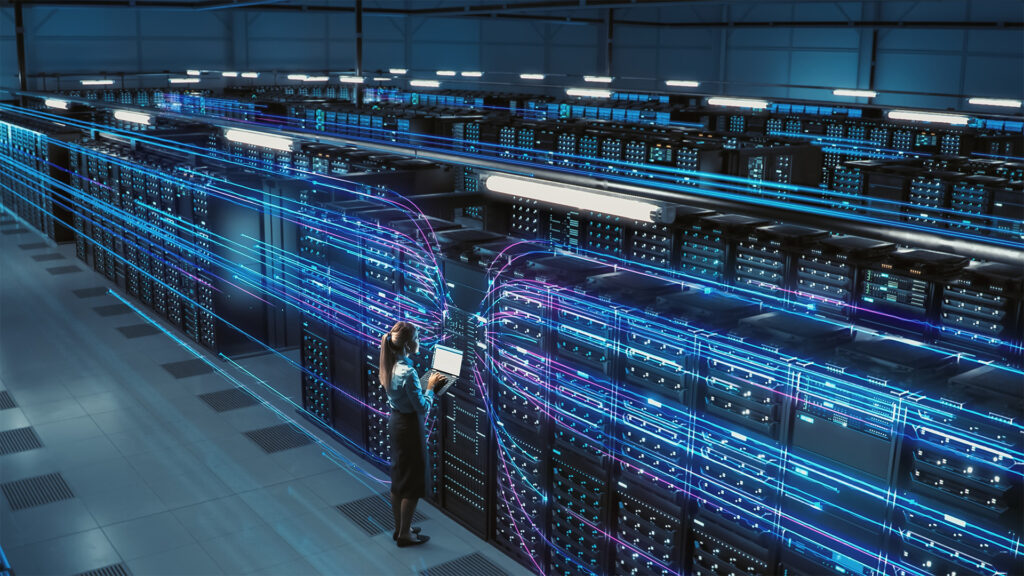Australia finds itself at a pivotal juncture where the burgeoning demands of AI intersect with the nation’s energy infrastructure. Data centres, often referred to as “AI factories,” are at the heart of this convergence, exerting significant pressure on the national power grid. With an estimated 5% of the country’s electricity already consumed by these digital behemoths, projections suggest a doubling of this figure by the decade’s end. This surge in energy demand poses a formidable challenge to an infrastructure already grappling with the demands of a modern economy.
Endeavour Energy’s recent disclosure provides insight into the exponential growth trajectory of data centre capacity. As these facilities expand in size and number, concerns mount regarding their impact on Australia’s energy ecosystem. The revelation that a single large data centre rivals the electricity consumption of an entire regional city underscores the magnitude of the challenge at hand.
Questions abound regarding the grid’s capacity to accommodate the burgeoning demands of the digital age. While analysts cautiously project short-to-medium-term manageability, long-term sustainability remains a looming concern. As aging coal-fired power plants face retirement, the specter of power constraints looms large, prompting a reevaluation of Australia’s energy strategy.
Central to addressing these challenges is a concerted pivot towards renewable energy sources. Industry stakeholders recognize the imperative of sustainable solutions, with renewable procurement strategies gaining traction among data centre operators. However, the transition to renewables necessitates strategic planning and substantial investment to fortify the grid against future shocks.
Australia’s energy conundrum mirrors global trends, where nations grapple with the twin imperatives of technological innovation and energy sustainability. From Singapore’s intermittent data centre development pauses to Ireland’s struggles with energy-intensive facilities, the challenges are manifold. As Australia navigates this terrain, international precedents offer valuable lessons in navigating the intersection of technology and energy.
Beyond energy, water emerges as a critical factor in the data centre equation. While these facilities consume significant volumes for cooling purposes, analysts contend that prudent management can mitigate environmental impacts. With water infrastructure capacities far surpassing data centre demands, the challenge lies in optimizing resource utilization to ensure sustainability.
As Australia charts its course in the era of AI and digitization, the convergence of technological advancement and energy demand presents both opportunities and challenges. The imperative of powering the digital revolution while safeguarding the integrity of the national grid underscores the need for bold, forward-thinking strategies. By embracing renewables, enhancing grid resilience, and learning from global precedents, Australia can navigate the complexities of the digital age while paving the way for a sustainable energy future.

